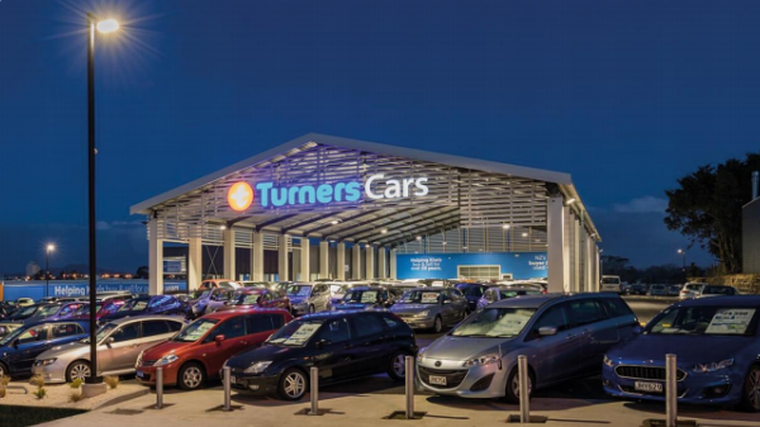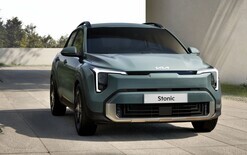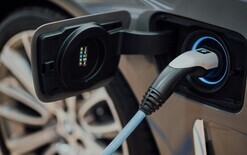Turners boosts market share

Turners Automotive Group is celebrating “great progress” over the past three years after selling nearly 6,000 more used cars in the 2022 financial year than it did during the corresponding period in 2018/19 before the Covid pandemic struck.
Over the same timeframe it has also increased its market share from 4.85 per cent to 6.55 per cent and its net profit before tax (NPBT) has soared 48 per cent from $29 million to $43.1m.
The figures were presented to shareholders during the company’s annual meeting, which was held on August 17. Data from Turners shows it sold 16,179 owned cars in the 2019 financial year but this increased to 22,170 in the latest reporting period.
“There are clear NZ and global economic challenges over the next 12-24 months, but we still see opportunities in the markets we operate in and are well positioned to take advantage of these,” the company says.
It notes its updated target for underlying NPBT in FY2025 is $50m. Turners predicts growth will come from retail optimisation and branch expansion, vehicle purchasing decision-making, margin management and premium lending, and investment in digital distribution and omni-channel customer experience.
The company highlights that used car market transactions overall are down from previous years, with the exception of a spike in registrations in March 2022 ahead the launch of the full clean car discount scheme.
“[We’re] still expecting supply constrained market for next few years due to impact of semi-conductors, disruption to material supply, and impact of government regulation,” it adds.
“Demand for higher value cars is moderating and shifting into the lower price point segments.”
Turners also predicts the number of dealers nationwide will reduce further, having been in general decline from a peak of more than 3,500 in 2017 to little more than 3,000 today, because of challenges in supply and impact of government regulations.
It says the key to its improving results for automotive retail is that it is selling more locally owned vehicles and buying fewer used imports, which enables a quicker turnaround in processing.
Other measures include improving its finance and insurance conversion rates following government changes to lending rules, shifting sales out of its wholesale / auction channel and into its retail channel, and opening more branches.
Finance
Turners says while its finance book is “in excellent shape” there are some short-term pricing challenges. As a result, its key focus areas are an efficient credit decisioning process, pricing management, and early settlement reductions and loan application conversion improvement.
Its loan book has grown 28 per cent from the 2021 financial year to $423m, “driven out of strong premium borrower lending. Growth is moderating as our pricing focus is more of a priority.”
Cleaner fleet
Turners adds it is also playing its part in helping New Zealand make the transition to a cleaner vehicle fleet and sees opportunities in that space as 830,000 vehicles on our roads are more than 20 years old, which is above the average scrapping age.
The company notes electric vehicle (EV) and hybrid sales are increasing as a percentage of total cars sold by Turners, “and as more corporate and government fleets transition we will see these numbers grow further”.
It helped 19,000 vehicles exit the fleet in 2021/22 through its damaged and end-of-life division. It has also launched and seeded EVs and hybrids into Turners Subscription to provide consumers with the experience of driving such vehicles.
Turners currently has 150 vehicles on subscription of which 44 are EVs or hybrids. “There is high demand for these subscription cars. [It] helps with ‘try before you buy’,” shareholders were told.
However, the company notes used EVs “continue to be difficult to source”. Japan is the major source of used vehicles and only has 303,000 EVs in a vehicle fleet of 78m cars.
Outlook
Turners says the business is in the best shape it has ever been and is confident of further growth as there is plenty of market resilience in the used car market.
Some of the benefits it claims to have seen during the Covid pandemic are consumers moving to “high-trust brands” in times of uncertainty, with the company building its market share.
“Digital has become a competitive advantage,” it adds. “Already demonstrated in both lockdown and normal periods.”





